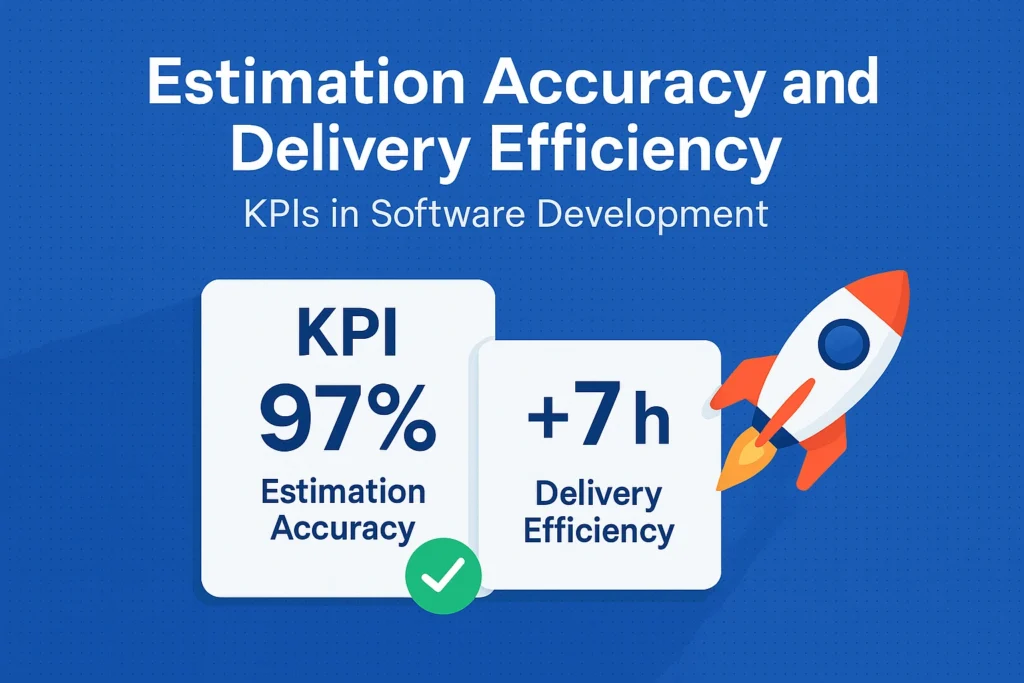In recent years, Artificial Intelligence (AI) has become a powerful force reshaping how businesses operate. For instance, AI automates routine tasks and provides advanced data analytics. Consequently, AI technologies can enhance productivity, improve decision-making, and drive innovation across various industries.
This post explores the multifaceted role of AI in transforming business operations. Additionally, it offers insights into how companies, including NetForemost, can leverage these technologies for a competitive advantage.
1. Automating Routine Tasks
One major advantage of AI is its ability to automate repetitive tasks. This automation saves valuable time for employees. As a result, they can focus on higher-level responsibilities.
Businesses can implement AI-driven automation in several areas, such as:
- Customer Support: For example, AI chatbots can handle common customer inquiries. This helps improve response times and enhances customer satisfaction.
- Data Entry: Additionally, AI tools can automate data entry tasks. This reduces human error and ensures accuracy.
- Inventory Management: Furthermore, AI can optimize inventory levels. This prevents overstocking or stockouts, leading to better resource management.
In summary, AI-driven automation allows businesses to enhance efficiency. By freeing up time, employees can concentrate on more strategic work.
2. Enhancing Decision-Making with Data Analytics
AI is great at processing and analyzing large amounts of data. As a result, businesses can make informed decisions based on real-time insights.

Machine learning algorithms help identify patterns and trends in datasets. This provides valuable information that can guide strategic planning.
- Predictive Analytics: Businesses can use AI to predict future trends and consumer behavior. For example, retail companies can analyze buying patterns. This analysis helps them improve inventory management and marketing strategies.
- Risk Management: AI improves risk assessment by analyzing past data to predict potential risks. For example, financial institutions can use AI to spot fraudulent transactions in real time. This helps protect against financial losses.
Our team at NetForemost can help you use AI for data analytics. This will empower you to make informed, data-driven decisions. To learn more, please book a call with us.
3. Improving Customer Experience
AI can revolutionize the customer experience. By personalizing interactions, it offers tailored recommendations. For example, businesses can analyze customer preferences and behaviors to provide relevant content and services.
- Personalized Marketing: AI-powered tools analyze customer data to create customized marketing campaigns. This targeted approach boosts engagement and conversion rates, which ultimately drives sales.
- Enhanced User Experience: AI enhances user experience on digital platforms by using recommendation engines, dynamic content, and adaptive interfaces. For example, streaming services like Netflix utilize AI to suggest shows and movies based on users’ preferences.
4. Driving Innovation and New Business Models
AI not only enhances current operations but also opens up new business models. Companies can use AI in various ways to create innovative and disruptive products and services.
- AI-Powered Products: Businesses can create new products that include AI features. For instance, smart home devices can learn what users like and automate tasks around the house.
- Transforming Traditional Industries: AI is changing the landscape of traditional industries such as agriculture, manufacturing, and logistics. For instance, AI-driven precision agriculture tools optimize crop yields by analyzing soil conditions and weather patterns.
5. Embracing AI Ethics and Responsibility
As organizations adopt AI technologies, it’s essential to consider their ethical implications. Businesses must prioritize transparency, fairness, and accountability in their AI systems.
- Bias and Fairness: Companies must identify and reduce bias in AI algorithms to ensure fair outcomes for all users. This involves evaluating training data and promoting diversity within AI development teams.
- Data Privacy: With the rise of AI-driven analytics, businesses must prioritize data privacy and security. Therefore, adhering to regulations and ethical guidelines is essential to build trust with customers and stakeholders.
Conclusion
The power of Artificial Intelligence (AI) offers new opportunities for businesses. It enhances operations and improves decision-making. Additionally, AI drives innovation. By using these advantages, organizations can set themselves up for success in a competitive landscape.






